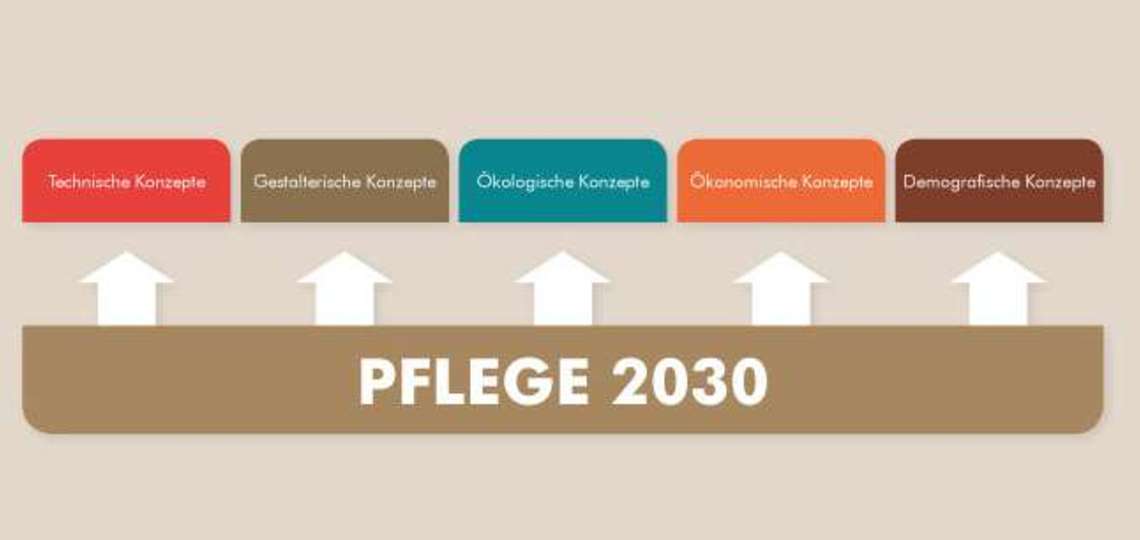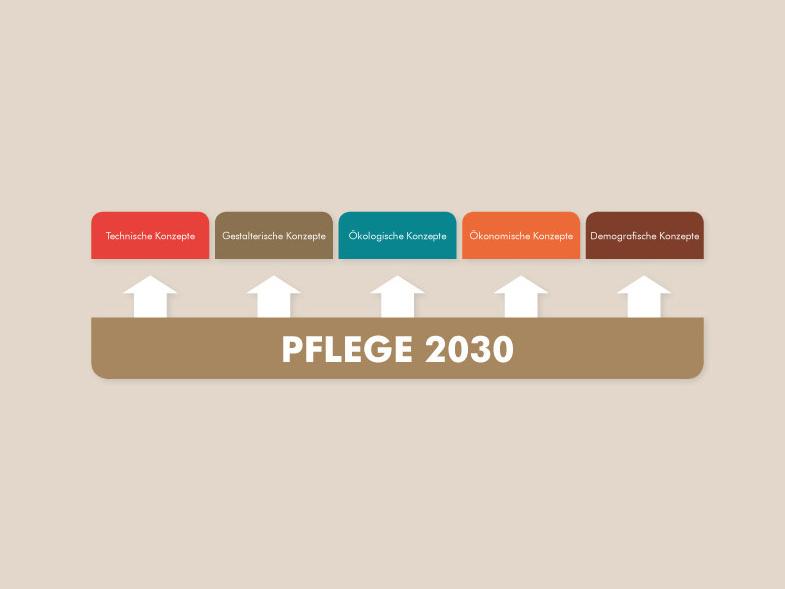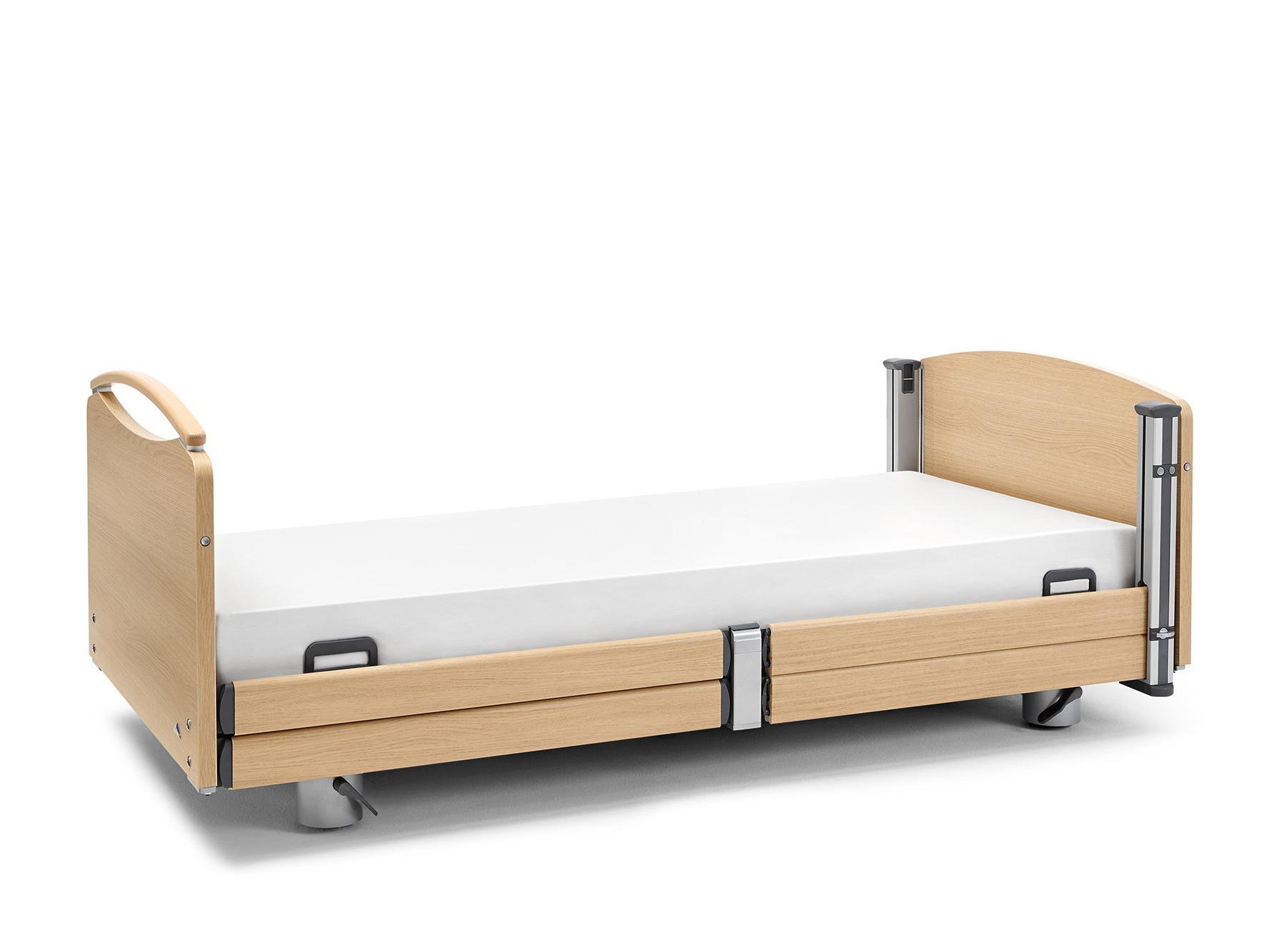
Ideas for the future
The "Wohntrends 2030" study gives a perspective on the most important lifestyle developments
GdW presented the first survey of future trends for the lifestyle sector in 2008 with its “Wohntrends 2020”. Today, 6 years later, trends have continued to develop and the framework conditions have changed. The survey for 2030 was awaited with great interest. The study of future lifestyle trends analysed how people in Germany wish to live and how much they are prepared, or are able, to spend on this.
The trends in the care sector were of particular interest to us. It can already be seen that technology, cost effectiveness and sustainability are key topics in healthcare for 2030. Digital assistance systems will be improving life for patients and carers alike.
According to the study, ambitious living concepts are the most important in Germany today. Almost 26 per cent of the households surveyed aim for values such as individualism, self-realisation and motivation.
At the same time, the "Generation 50+" is also by far the most influential German population group with approximately 22 million people. But the point in time at which people define themselves as old continues to move further into the future. The ‘perceived’ age changes constantly with the social conditions and the spirit of the times. Products which reflect a lifestyle feeling of ‘aspiration and maintaining independence longer into old age’ need to be developed as a result. Living in communal care in old age will also be in higher demand. In other words, whoever lives longer in a home environment will also need furniture which supports this phase of life.
Another central theme will be the future shortage of skilled workers in the care sector. We see our task here to develop e-help systems which can further relieve the workload of carers so they can work more efficiently. The fully network-connected care bed allows critical data and notifications to be quickly, discreetly and reliably received and represents a future vision as well. Data will also be able to be digitally called up from electronic patient records at the same time. Carers cannot be everywhere at all times, but they can be informed immediately when help is needed. Tablets and smartphones are becoming the standard for operating electrical systems.


